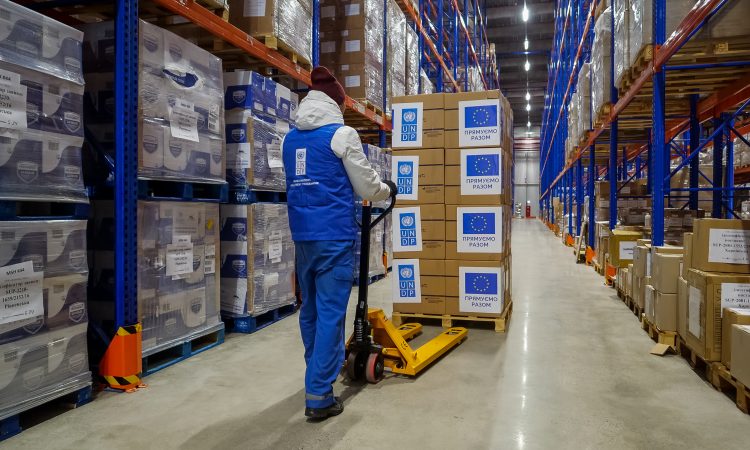In the rapidly evolving landscape of healthcare, the efficient and timely delivery of medical supplies plays a pivotal role in ensuring the well-being of patients and the smooth operation of healthcare facilities. The ongoing global health challenges, such as the COVID-19 pandemic, have underscored the importance of a robust and agile medical supply chain. This blog explores the critical role of medical supply delivery and how advancements in technology are transforming the way we ensure the availability of essential supplies.
The Significance of Timely Medical Supply Delivery:
- Patient Care Relies on Timely Access: Timely access to medical supplies is fundamental for providing quality patient care. From life-saving medications to essential equipment, healthcare professionals depend on a seamless supply chain to ensure that they can meet the needs of their patients promptly.
- Emergency Response and Preparedness: During emergencies, such as natural disasters or pandemics, the demand for medical supplies can skyrocket. Efficient delivery systems are crucial for quickly mobilizing resources to areas in need and ensuring that healthcare facilities are adequately equipped to handle the surge in patients.
The Impact of Technology on Medical Supply Delivery:
- Data-Driven Decision-Making: Modern technology, including data analytics and artificial intelligence, allows for better forecasting of medical supply needs. By analyzing historical data and trends, healthcare providers can make informed decisions about inventory levels and optimize the distribution of supplies.
- Automation and Robotics: Automation and robotics are transforming the logistics of medical supply delivery. Automated warehouses, drone deliveries, and robotic systems for packaging and sorting contribute to faster and more precise distribution, reducing the risk of errors and improving overall efficiency.
- Real-Time Tracking Systems: Real-time tracking systems enable healthcare facilities to monitor the movement of their supplies from the manufacturer to the end-user. This level of transparency not only reduces the chances of theft or loss but also allows for proactive management of supply chains.
Challenges in Medical Supply Delivery:
- Logistical Hurdles: The global nature of medical supply chains presents logistical challenges, including customs regulations, transportation delays, and the coordination of deliveries across different regions.
- Supply Chain Disruptions: Disruptions, whether caused by natural disasters, geopolitical events, or public health crises, can severely impact the availability of medical supplies. Developing resilient supply chains and diversifying sourcing strategies are essential for mitigating such risks.
Future Trends and Innovations:
- Blockchain for Transparency: Blockchain technology holds promise for enhancing transparency and traceability in medical supply chains. By creating an immutable and decentralized ledger of transactions, it can help verify the authenticity of pharmaceuticals and other medical products.
- Collaborative Networks: Collaborative networks, where different stakeholders in the healthcare industry work together, are becoming more prevalent. This includes manufacturers, distributors, healthcare providers, and technology companies collaborating to create more efficient and responsive supply chains.
